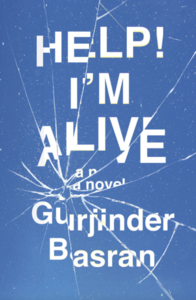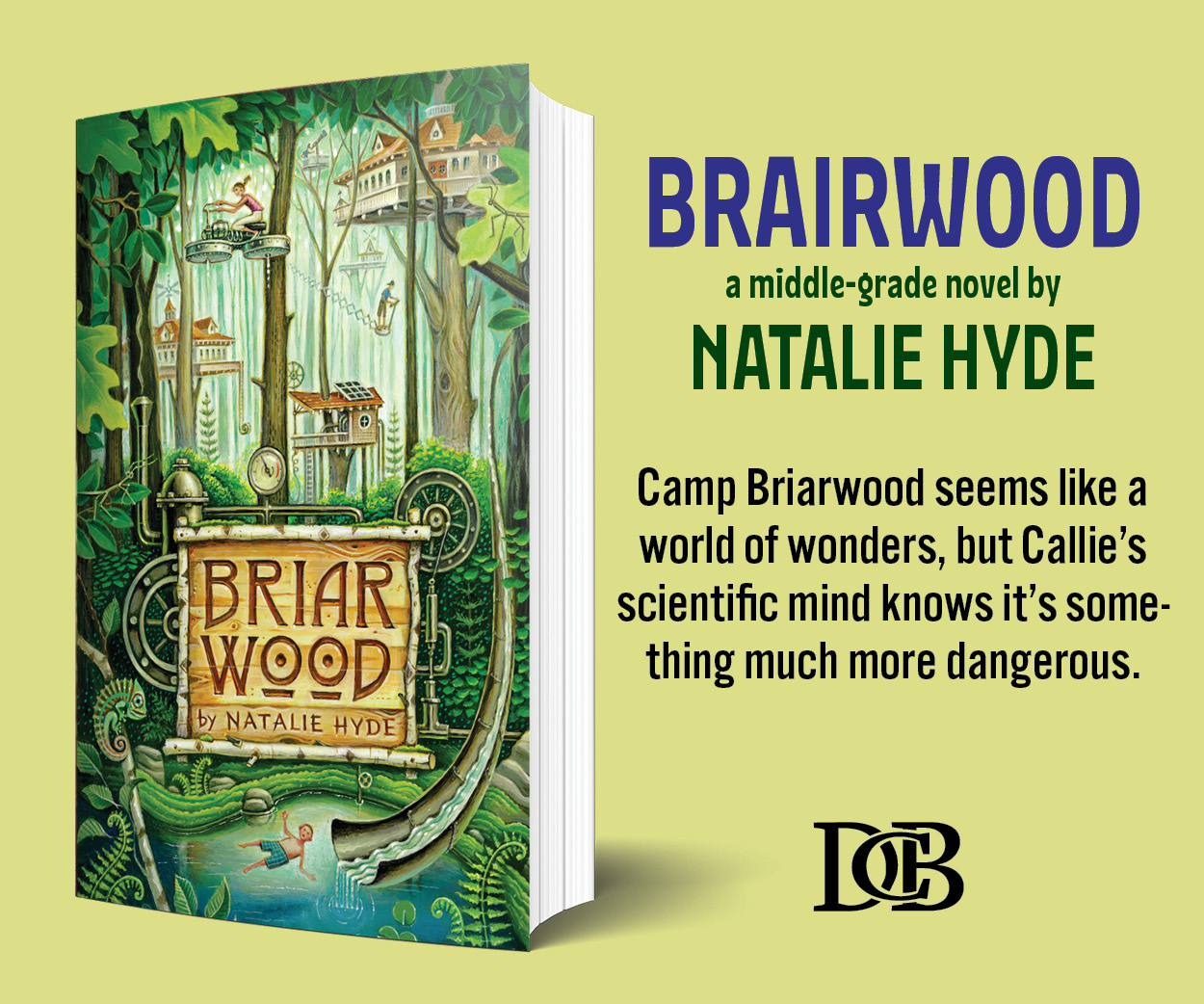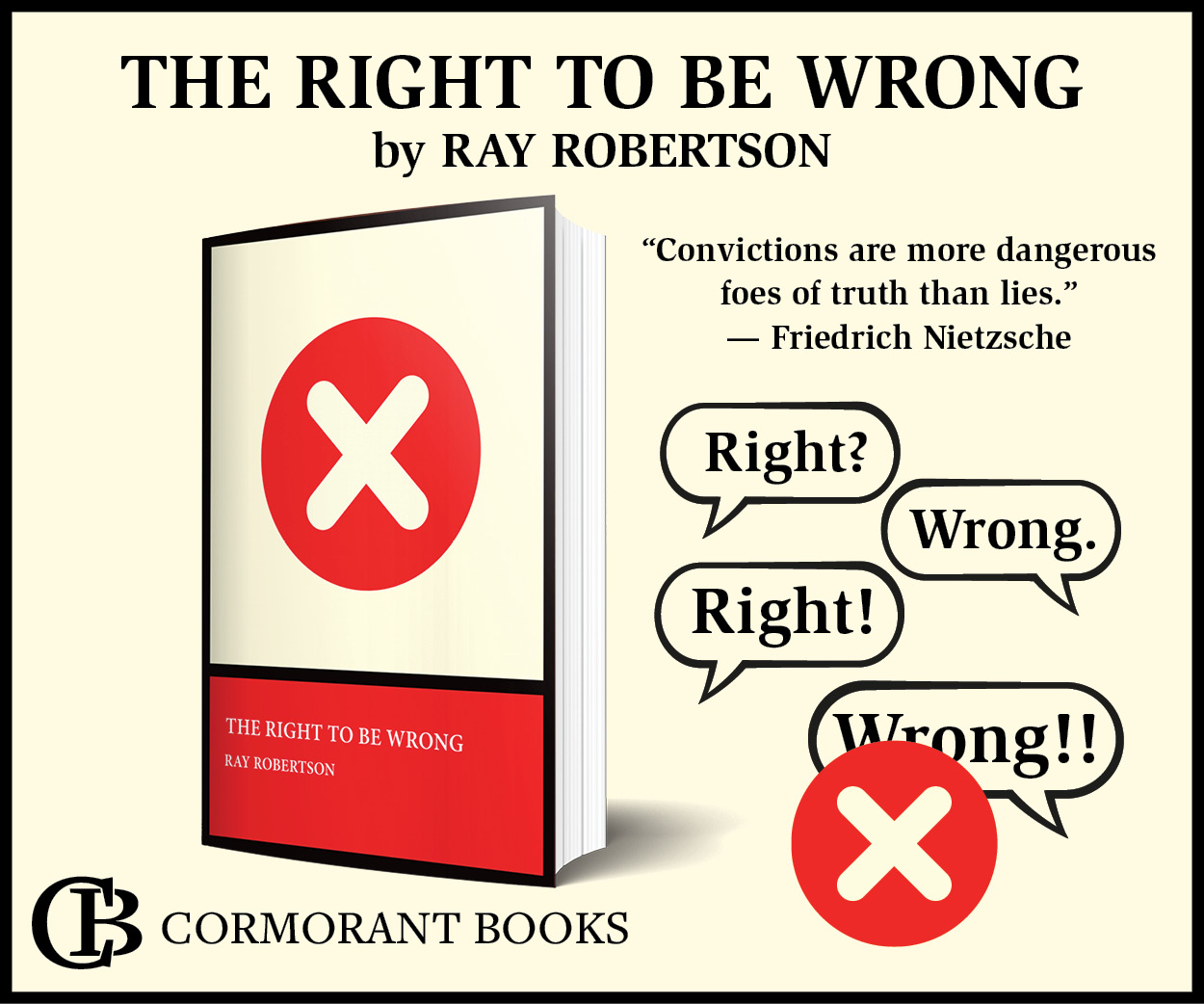"We Make Our Own Meaning" Gurjinder Basran on Her Novel of Loss, Community, and Navigating the Unknown
A brief video nearly tears a small community outside Vancouver apart in award-winning author Gurjinder Basran's new novel, Help! I'm Alive (ECW Press). After footage of teenager Jay's death is posted to social media, the novel follows four people affected by the tragedy. As Jay's partner, friend, and his friend's family struggle to make sense of their loss, which is complicated by the uncertainty about whether the video portrays an accident or a suicide, Basran deftly explores themes of community, isolation, and connection.
Basran's bravery in looking directly on the most anxious, personal, and unanswerable questions that simmer under the surface of both community and individual pays off in a book that feels deeply truthful. Her elegant storytelling exposes the raw edge of grief and loss while uplifting the resilience of the human heart in even the most destabilizing moments.
We're thrilled to be discussing Help! I'm Alive with Gurjinder today, as she tells us about the arresting image that became the first spark for the book, how parenting teens allowed her to look more closely and deeply at the complex social world of young people, and the essential lessons she learned from writing the novel.
Open Book:
Do you remember how your first started this novel or the very first bit of writing you did for it?
Gurjinder Basran:
I had a reoccurring image in my mind of a boy on a bridge and then an image of the same boy falling and so the first writing I did for the novel was from his posthumous perspective. It was a monologue of sorts about what he thought people would be saying about him after his death and his own musings on the life he might be missing. It was then that I realized the book was about how a community processes an unexpected loss and what it reveals to them about their own lives.
OB:
Did the ending of your novel change at all through your drafts? If so, how?
GB:
I think I must have rewritten the last chapter at least fifty times. The setting and outcomes never changed, but I struggled with the level of detail to provide. I didn’t want to slow the pacing and momentum with too much detail, I didn’t want to wrap up all the elements too neatly but I also knew the reader needed some closure. I’m not sure I achieved that perfect balance but maybe that’s okay. After all, this is a book about trying to find your footing in a very shaky world, about being okay without assurance and absolutes.
OB:
If you had to describe your book in one sentence, what would you say?
GB:
It’s a clear-eyed story about meaningful connection in the modern world.
OB:
What was the strangest or most memorable moment or experience during the writing process for you?
Your CanLit News
Subscribe to Open Book’s newsletter to get local book events, literary content, writing tips, and more in your inbox
GB:
The most memorable part of the writing process was my realization that I was writing something different from my last books and being very excited by that and also nervous about it too! My last two books centred on race, cultural identity, and family history as major themes and this book deals with identity in a completely different way. I was excited by it because it felt contemporary and fresh but I was nervous because it did feel like such a change and I was unsure how that would be received.
OB:
Who did you dedicate your novel to, and why?
GB:
I dedicated the book to my sons, Arun and Amit. I started writing it when they were teenagers. Much of my writing was inspired by the things that I saw happening in their lives and in the lives of their peer group. As an adult, it’s so easy to dismiss the concerns of young people and never look deeper at the role of adults in their lives, how societal expectations have created pressure and anxiety in almost every interaction. This book is me telling my children and everyone else, that it’s okay, none of us know what we are doing and that is terrifying but true and we will just figure it out together.
OB:
Did you include an epigraph in your book? If so, how did you choose it and how does it relate to the narrative?
GB:
I probably changed the epigraph for the book a few times but settled on a quote from Joseph Campbell because this book, like so many books is very much a hero’s journey. "It is a waste to be asking the question when you are the answer," is a nod to the idea that we may spend our entire life looking for our purpose, questioning the meaning of life, but really we make our own meaning. Ultimately that’s what the characters in the book learn as well. They can be the answer to their own lives, not in an ego driven way, but in the way they engage with the world around them.
OB:
What if, anything, did you learn from writing this novel?
GB:
At the core, I learned that everyone is trying really hard to be okay and that the start of real connection is to accept people where they are, without judgement. I learned that as a society we have conflated “success” with happiness and that has generally made us more unhappy. As we strive to meet unrealistic expectations, we give up the things that make life most meaningful– time, thoughtful reflection, relationship to self, the natural world and others. This book taught me what being alive could be if we weren’t too busy doing other things.
_____________________________________________
Gurjinder Basran is the award-winning author of two previous works of fiction. Her debut novel, Everything Was Goodbye, won the Ethel Wilson Fiction Prize and her work regularly appears on must-read lists. Basran studied at Simon Fraser Universities Writer’s Studio and lives with her family just outside of Vancouver, British Columbia.





